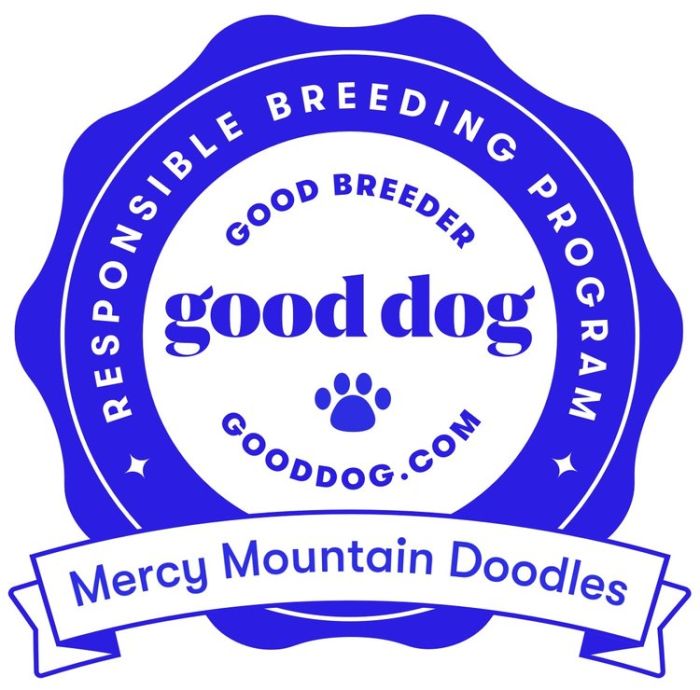Explore Our Credentials
In the United States, dog breeding falls under varied regulations, with each state having its own set of laws. Some states rigorously govern the breeding and sale of dogs, while others lack specific regulations altogether.
At the federal level, oversight falls to the United States Department of Agriculture (USDA), which enforces the Animal Welfare Act (AWA). This act establishes standards for the treatment of animals within commercial breeding establishments, often referred to as "Class A" breeders. These facilities undergo USDA inspections to ensure compliance with the AWA. However, it's important to note that this regulation exclusively applies to breeders who sell to pet stores or research facilities, leaving many direct-to-consumer breeders outside its scope.
Moreover, numerous organizations within the U.S., such as the American Kennel Club (AKC) and the United Kennel Club (UKC), advocate for responsible breeding practices. Nonetheless, these entities operate independently of governmental authority, and their guidelines lack legal enforceability.
Primarily, regulation of dog breeding is delegated to the state and local levels. Some states mandate licensing and inspection for commercial breeders, while others restrict the sale of puppies in pet stores. Meanwhile, some jurisdictions lack specific legislation addressing dog breeding.
While regulation exists, it often falls short in comprehensively addressing all facets of breeding, including the welfare and genetic health of breeding dogs. Many breeders operate without undergoing inspections. Consequently, prospective dog owners must conduct thorough research to select a responsible and reputable breeder.
Please note that Mercy Mountain Bernedoodles operates as a small, home-based breeding venture and is not mandated to hold a kennel license in Colorado or its counties.



